I’ve been feeling a little guilty recently, because, in an article a few weeks ago, I described Ian Blackford as resembling “a baked potato in a three-piece suit”.
He was, I said, “a hulking and hairy bruiser” who “physically and sartorially [would] fit quite comfortably among the Tory trenchermen” sitting opposite him in the Commons. Oh, and he was a bit rubbish at his job.
As a young journalist, you’re warned that this kind of ad hominem stuff is usually best resisted. By playing the man rather than the ball, you cede the high ground. It’s cheap and unpleasant and risks offending the more sensitive reader.
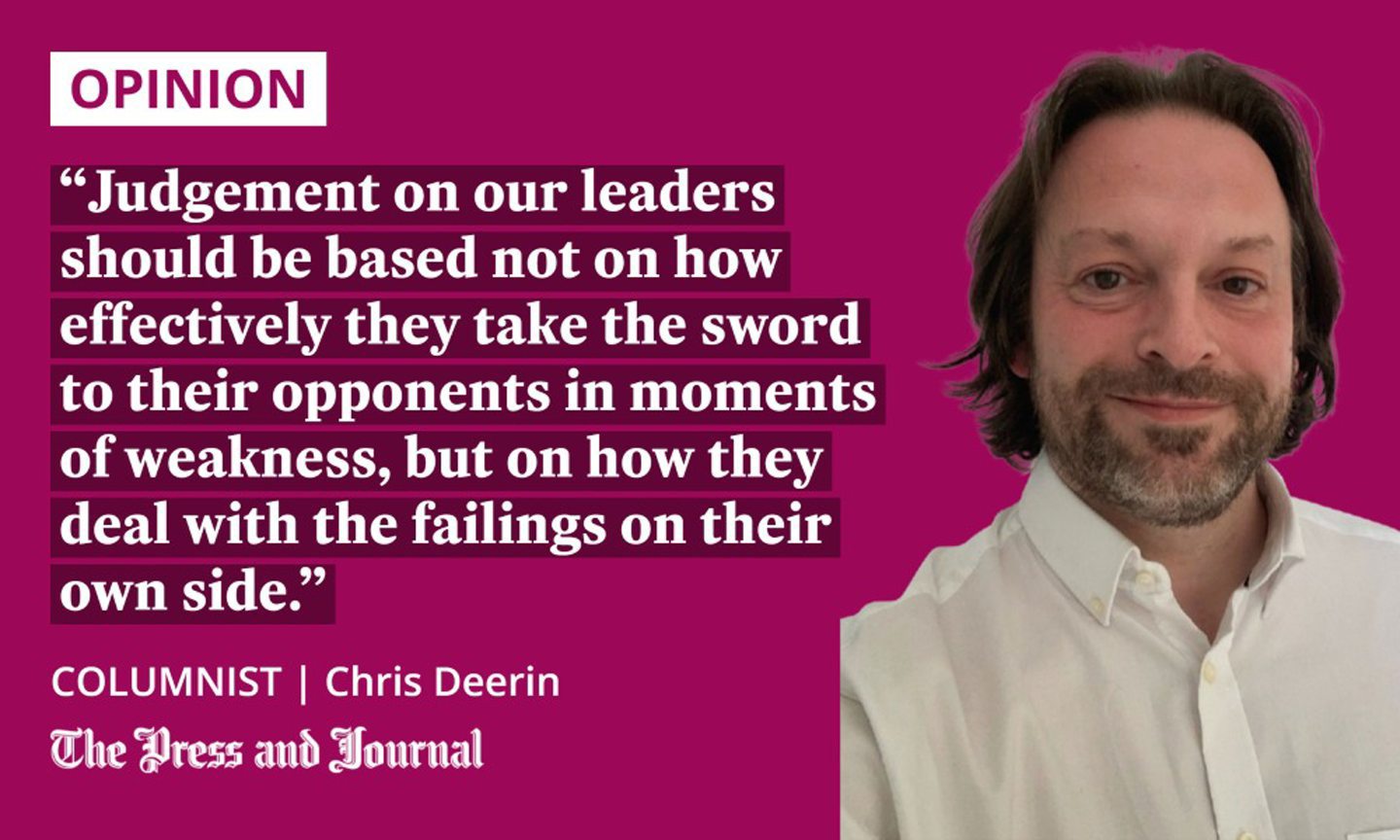
All of which is true. But, who am I, Mother Teresa? Journalism is a trade for low-born rascals: in an earlier era, most of us would have been cutpurses or horse thieves.
And, if the columnist’s blade should be used sparingly, it should still occasionally be deployed on the pompous and the over-mighty. As any writer with any salt to them knows, there are moments when the flash of steel and the grunt of your victim is particularly rewarding.
Zero tolerance or zero action?
Anyway, I feel guilty no longer. At the weekend, a recording emerged of Blackford, the SNP’s Westminster leader, and his parliamentary colleagues discussing the case of their fellow MP Patrick Grady, who was suspended by Commons authorities for 48 hours after drunkenly touching and stroking the hair, back and neck of a 19-year-old SNP staffer in a London pub in 2016.
Blackford is heard saying that “[Grady is] going to face a number of challenges over the short term and so he should have our absolute full support. I for one very much look forward to welcoming Patrick back into the group next week. I am sure that everybody here will agree”.
Now, if anyone is ceding the high ground here, it ain’t me. Grady’s victim has spoken about how ill-served he has felt by the SNP’s response to the incident – and, in response, they have merely circled the wagons to protect the offender. It’s not the first time, either. How you’re treated inside the SNP depends very much on who your friends are.
Scotland’s ruling party has made much of the lack of morality displayed by Boris Johnson and his ministers over the past few years. It also likes to give the impression that it offers a better and more ethical style of politics – Nicola Sturgeon even said she would take a zero-tolerance approach to inappropriate sexual behaviour.
Well, tell that to the women involved in the Alex Salmond scandal, as well as the investigators who fruitlessly strived to get to the bottom of that tawdry affair. Tell it to Grady’s victim.
Attacking the party is the original sin
The leadership’s response to the leaked recording, and to subsequent demands for Blackford’s resignation, has been entirely to type: it has launched an investigation into the leak.
In an email to MPs, the SNP’s chief whip said that “with great sadness I have to report that a recording of our group meeting on Tuesday 14th June… is now being used to attack the party. It is not the first time leaks from the group have found their way into the press. Any leak is bad, but recording colleagues without their knowledge or consent is beyond the pale”.
My party needs to reflect on the contrast between the treatment of different “offenders” and to review our arrangements for the pastoral care of complainers. 2/2
— Joanna Cherry KC (@joannaccherry) June 20, 2022
“Attacking the party” is the original sin in Nationalist circles. For that reason, the SNP group rarely splits in public. But, still, Joanna Cherry tweeted this week that her party has “significant problems” in how it handles complaints, and that it needed to reflect both on the different treatment of various “offenders” and “the pastoral care for complainers”.
Ethics only matter until they cause issues
Like journalism, politics can be a cynical game, a contact sport. It’s one of the reasons that political leaders who insist they will observe an elevated degree of morality so often come a cropper – remember John Major’s cursed “back to basics” campaign?
People will always misbehave. Given politics attracts a higher quota of scoundrels and risk-takers than most other professions, only the foolish or foolhardy would promise to be squeaky clean.
And it’s why judgement on our leaders should be based not on how effectively they take the sword to their opponents in moments of weakness, but on how they deal with the failings on their own side. Blackford has shown, yet again, that ethics matter only to the point they cause you or your party any difficulty, and that, in this regard, the SNP are little different from the hated Tories.
Perhaps, in the end, I simply wasn’t rude enough about the man. And, after all, if a volley of abuse is good enough for Shakespeare, it’s certainly good enough for me. “This sanguine coward, this bed-presser, this horseback-breaker, this huge hill of flesh! There’s no more faith in thee than in a stewed prune.”
Chris Deerin is a leading journalist and commentator who heads independent, non-party think tank, Reform Scotland
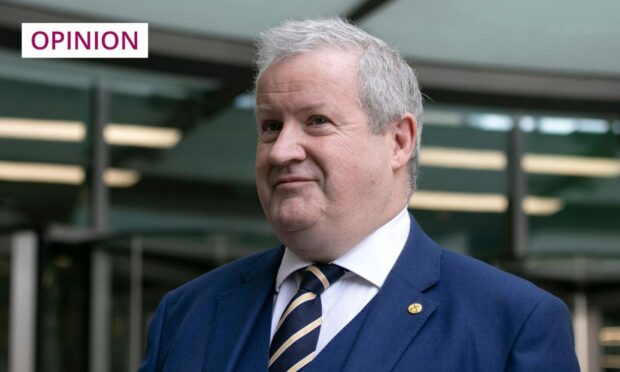

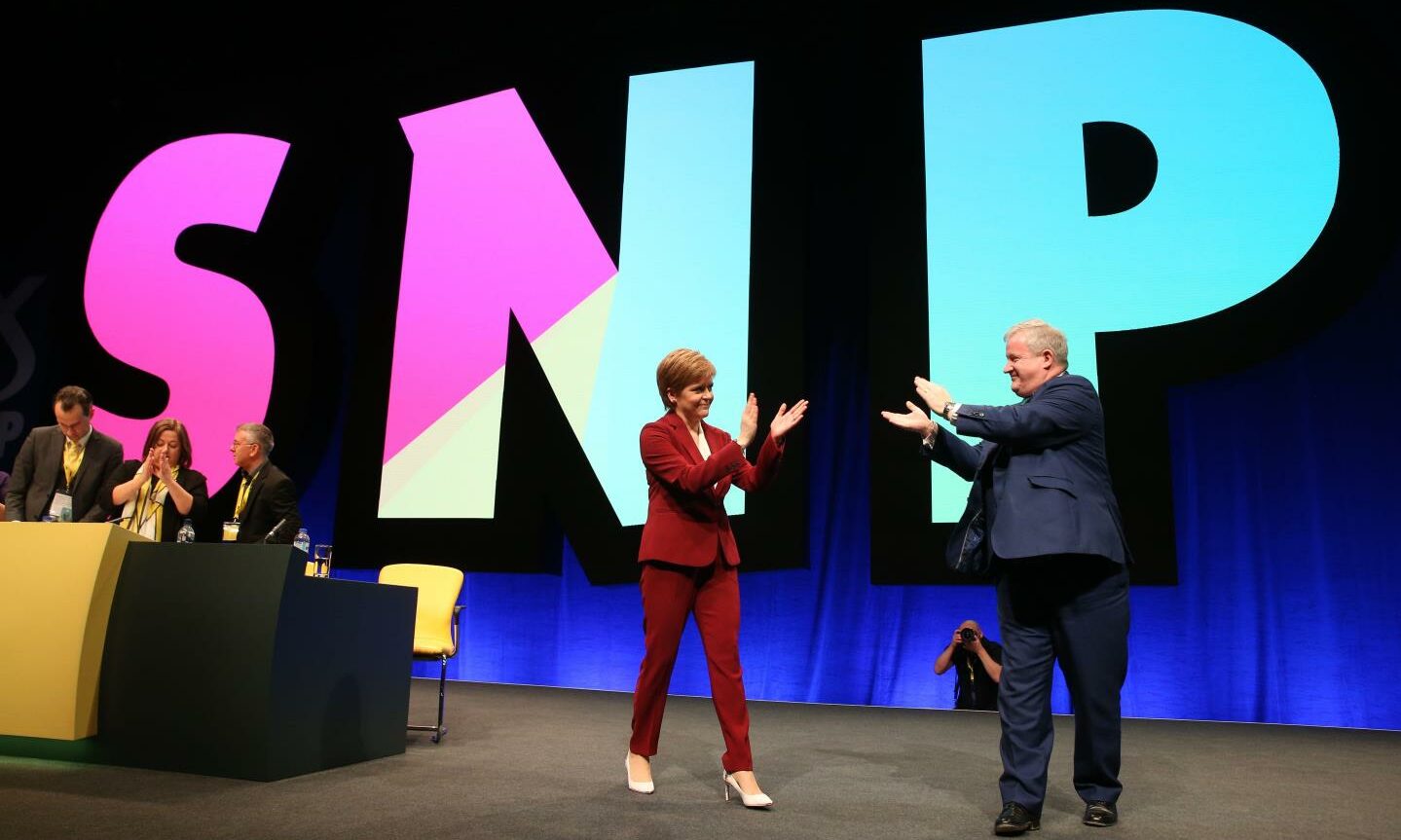



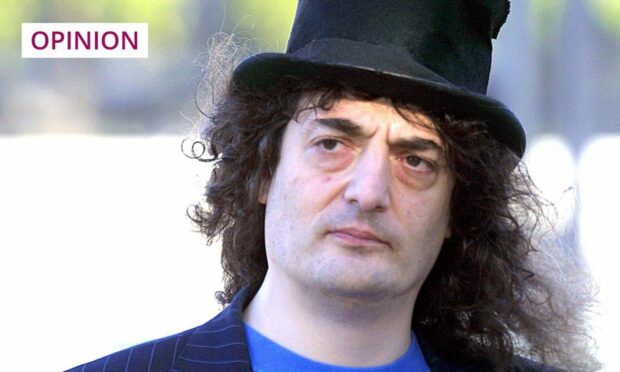

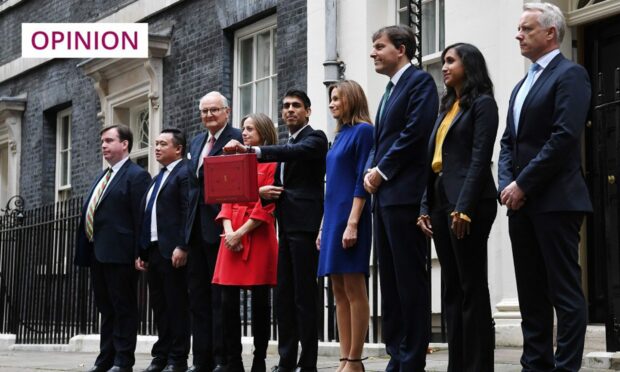










Conversation